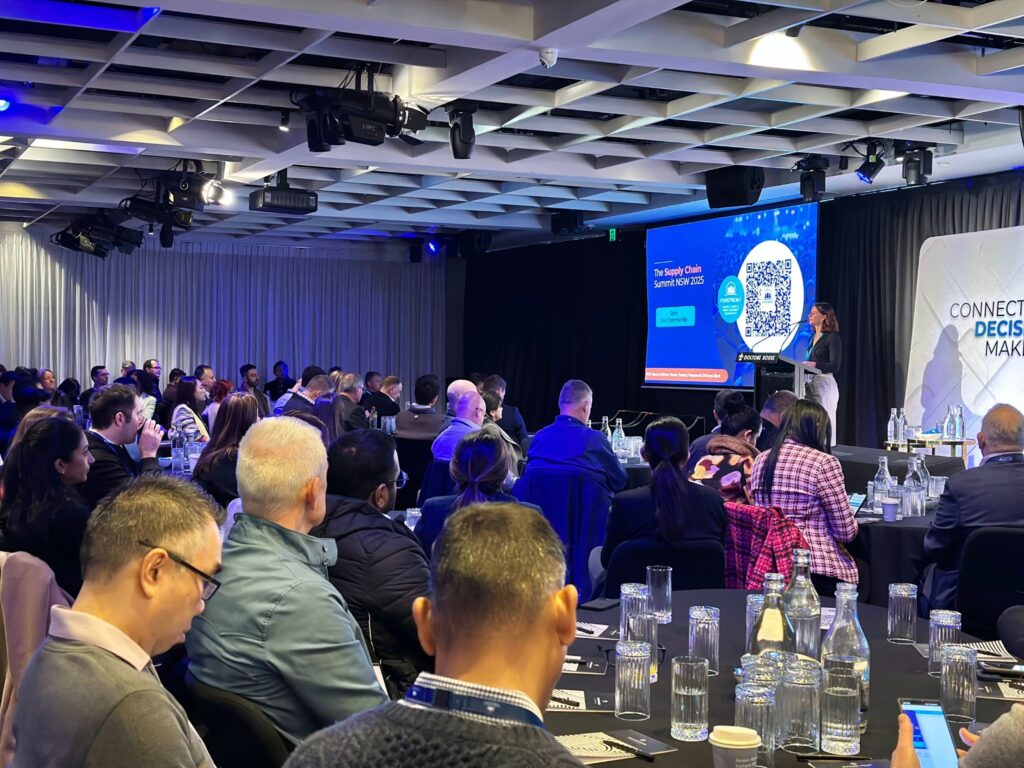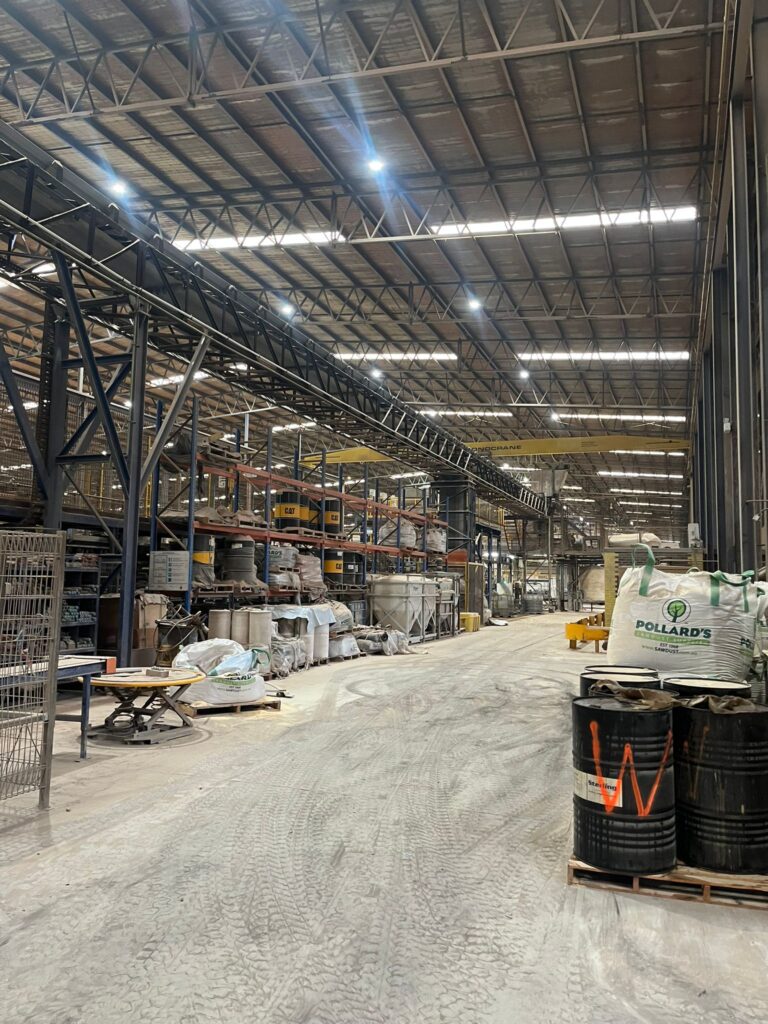Data Driven Leadership is an integrated approach to Leadership, Change management and Data Analytics in a continuous improvement environment. It is a data-based organisational competence that improves connectivity between processes, products, services and customers. The outcome is improved prioritisation, resource allocation, fast-paced decision making, focused actions and reliable process execution. These lead to improved business results in the short term and continuous improvement opportunities in the long term.
The role of a Data Driven Leader is to drive accountability and focus on building data culture. A leader connects people with fact and data based process knowledge to implement better decisions. Better decisions lead to world class process execution/ This is achieved by steering teams away from opinions, cognitive bias, group-think and self-censorship. Of course, summarising Data Driven Leadership doesn’t even scratch the surface of what it entails in a practical sense. So here is some food for thought to help you start looking at your organisation through the lens of Data Driven Leadership.
The ‘L’ of Leadership
Let’s start with looking at Leadership in itself. What’s your perspective on it? Gone are the days when Leadership was confined to the board room. Leadership is a trait that needs to be activated across your organisation. Unlike management, which might be regarded as a bit of a science, Leadership is more of an art.
Leadership starts with the art of asking the right questions about business processes and requires the art of listening to others. By involving customers who can contribute valuable outside-in perspectives. Data Driven Leadership is most successful in inclusive environments. To create such an environment, you will need courage.
The key to becoming a Data Driven Leader is making sure your employees and colleagues care about your data strategy and understand how it will drive growth and business impact. So, ‘Dear leader you need to have a data strategy’. Explain your business purpose, so everyone understands why they’re doing what they’re doing. Measure how far you have implemented it, in order to keep large groups of employees and colleagues involved.
The ‘Driven’ of Leadership
Data Driven Leaders align teams and this requires a good internal digital communication strategy. Digital communities have invaded our working spaces, but we still shy away from technology. Why is this the case when there are so many collaboration tools and platforms? Peter Senge hit the nail on the head when he wrote about the Learning Organisation in his book ‘The Fifth Discipline’. His advice was to put collective learning first and don’t let the boardroom hide from technology and accountability. With COVID-19, digital communities and remote working/coaching/learning have really become the ‘new normal’.
The ‘Data’ of Leadership
Data Driven Leaders naturally need to focus on data analytics to achieve effective decision making. But this has to involve more than just listening to excel-savvy business analysts. It calls for creating a digital community to connect people in different workspaces and communicating with them regularly. It means asking for feedback and review of reports with an open communication style. There needs to be a focus on knowledge management and using the tacit knowledge that exists within your organisation. Data needs to be democratised, with secure access to it provided when possible. Capabilities need to be enhanced through for purpose data analytics learning programmes for employees which are connected to real process improvement projects. And senior cross-functional management from all disciplines needs to be involved.
Ready to start your journey?
Data Driven Leadership (DDL) bridges the gap between business purpose and business impact. Any culture or change initiative that is not tied to these principles will fail and be, at the best, a standalone project. DDL is something your organisation must breathe and live daily. It is Leadership connected to short governance cycles with a relentless focus on accountability in your business.







